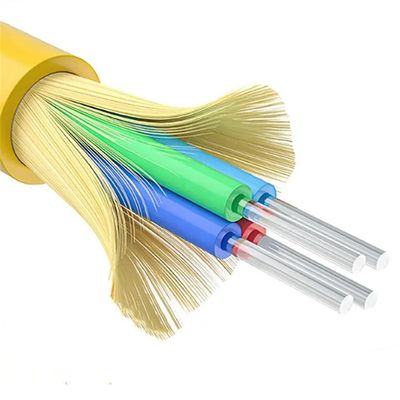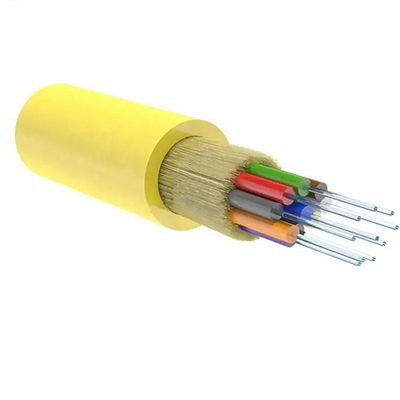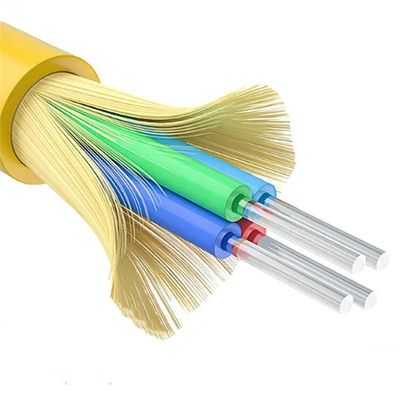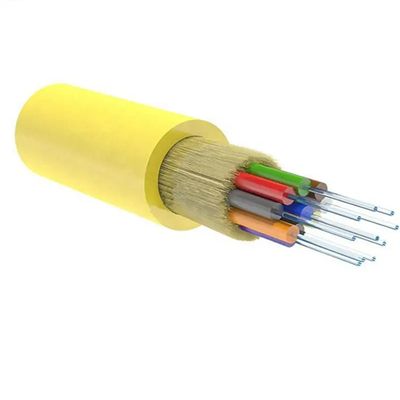Indoor Fiber Optic Cable 6 8 12 core OM1 OM2 OM3 OM4 OM5 for Distribution Use
| Place of Origin | Shandong,China |
|---|---|
| Brand Name | EBOCOM |
| Certification | ISO TLC |
| Model Number | GJFJV-8B1 |
| Minimum Order Quantity | 2000M |
| Price | EXW ≥2000m $0.2/M ≥5000m $0.17/M |
| Packaging Details | 1. Iron-wooden drum or non-fumigation wooden drum,normal wooden drum. 2. Drum size can be designed,details will calculation for suitable for containers. |
| Delivery Time | 5-8 day |
| Payment Terms | T/T |
| Supply Ability | 5000KMS/day |

Contact me for free samples and coupons.
WhatsApp:0086 18588475571
WeChat: 0086 18588475571
Skype: sales10@aixton.com
If you have any concern, we provide 24-hour online help.
x| Product Name | GJFJV/GJFJH | Jacket | PVC /LSZH |
|---|---|---|---|
| Strength Member | Aramid Yarn | Fiber | Single Mode/multi Mode |
| Brand | Ebocom Or OEM | ||
| Highlight | 6 core indoor fiber optic cable,OM4 indoor fiber optic cable,distribution use fiber optic cable |
||
Description
An indoor fiber optic cable is a specialized cable designed for use within buildings that features a flame-retardant, low-smoke jacket to comply with fire safety regulations. Unlike outdoor cables, which are built to withstand harsh environmental conditions and are often armored, indoor cables are more flexible and focus on safety and ease of installation in structured environments like conduits, cable trays, or ductwork.
Key characteristics
Flame-retardant jacket: The outer jacket is made of materials that are flame-retardant and can also be low-smoke zero-halogen (LSZH) to prevent the release of toxic fumes in a fire.
Flexibility: These cables are typically more flexible and have a tight-buffered construction, making them easier to manage and route within a building.
Lower tensile strength: They do not require the same level of physical strength as outdoor cables, which are built to withstand pulling, weather, and UV exposure.
Common use cases: They are used for data transmission within local area networks (LANs), data centers, and for connecting devices and networks inside a building.
Installation methods: Indoor cables can be installed in ducts, cable trays, or elevated over drop ceilings and under raised floors, but they are not designed for direct burial or exposure to the elements.






